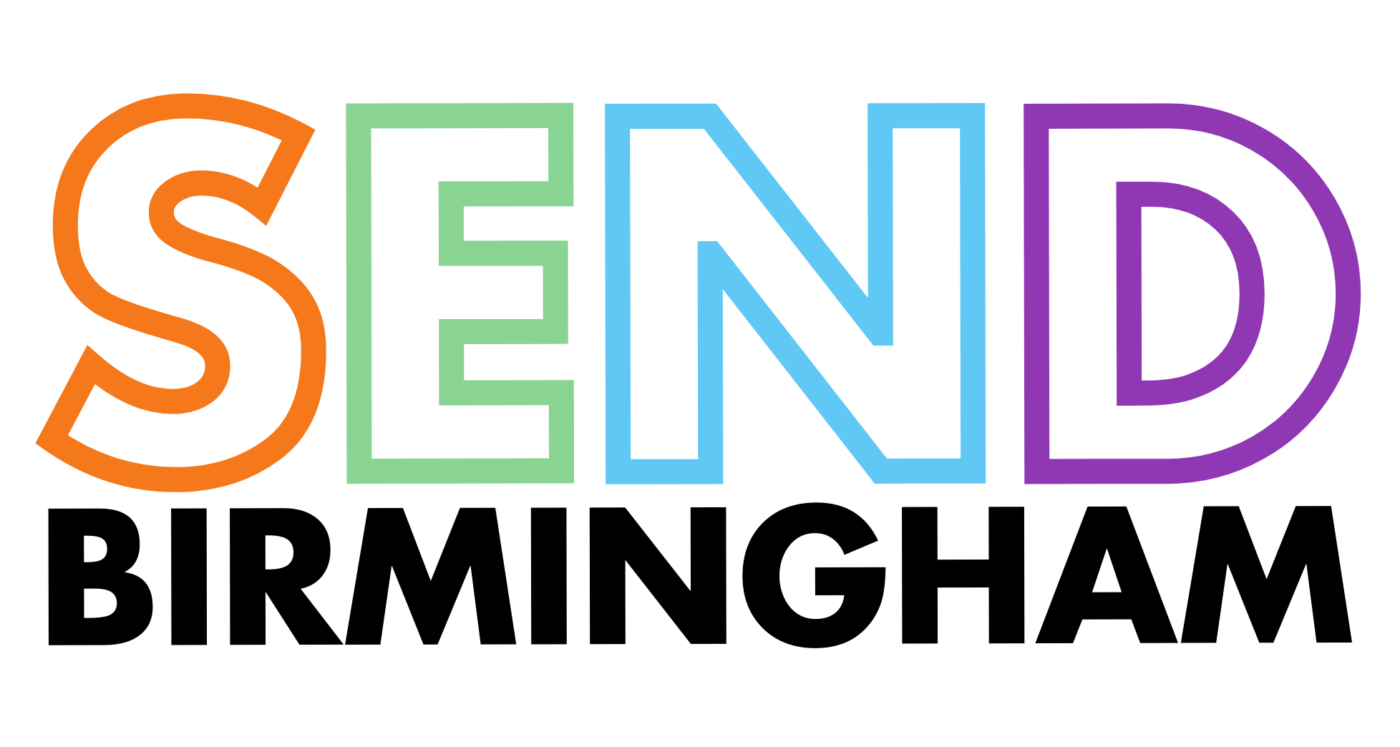EARLY YEARS
Funding for 2 to 4 Year Olds
There are different types of funding available to support children aged 2 to 4 years old. Some of this funding is available for families and some is paid directly to early years settings. This section of the Local Offer website gives you a little more information about this funding and how to apply if appropriate.
Funding for Families
Childcare Support for children aged 9 months.
The government has announced new childcare offers to support working parents of children aged 9months. These offers are being introduced from September 2024 and you can find more information at child care choice
Childcare support for 2-year-olds
Families of 2-year-olds who are in receipt of certain benefits can access up to 15 hours of funded early education with a registered childcare provider for 38 weeks of the year. Once eligibility is confirmed, eligibility will remain until school age even if a family’s circumstances change.
From April 2024 eligible working parents of 2-year-olds will be entitled to 15 hours of funded early education with a registered childcare provider for 38 weeks of the year. Parents will be able to apply and confirm their eligibility from January 2024.
Childcare support for 3- and 4-year-olds
All 3 and 4 year-olds are entitled to 15 hours a week of funded early education for 38 weeks of the year.
This is not based on eligibility criteria and is open to all.
Eligible working parents will be entitled to an additional 15 hours funded early education meaning they can access up to 30 hours with a registered childcare provider for 38 weeks of the year.
Help paying for childcare – Tax-Free Childcare
Tax-Free Childcare is a government scheme to support working parents with childcare costs. If eligible, you set up an online childcare account which you can use to pay your childcare provider directly.
You can get up to £500 every 3 months (£2,000 a year) for each of your children to help with the costs of childcare.
If you get Tax-Free Childcare, the government will pay £2 for every £8 you pay your childcare provider via an online account.
You can get Tax-Free Childcare at the same time as 30 hours free childcare if you’re eligible for both.
Funding for an Early Years Setting
Inclusion Support in Early Years Funding (ISEY)
Funding for your child’s free early education entitlement is set by each individual local authority and will depend on your child’s age. It does not include an amount for meeting the SEND needs of children. Each local authority therefore has an Inclusion Fund
ISEY, Inclusion Support in Early Years, is the local authority’s early years inclusion fund. Applications can be made by private, voluntary and independent settings, by childminders, as well as by maintained nursery schools who receive early education funding from Birmingham local authority, provided that all eligibility criteria are met.
Applications for this funding can only be made by settings with parent/carer consent, and allocations are considered and made by a multi-agency Early Years Decision Making Group. All eligible settings regularly receive a copy of the criteria and application process so you can find out more about ISEY directly from your child’s early years provider if this is a childminder, PVI setting, or Nursery School.
Early Years Pupil Premium
The Early Years Pupil Premium (EYPP) is additional funding for early years settings to improve the education they provide for eligible 3 and 4 year olds.
An early years provider or setting is any organisation offering education for children aged under 5 years old, including nurseries and childminders.
Children must receive free early education in order to attract EYPP funding. They do not have to take up the full 570 hours of early education they are entitled to in order to get EYPP.
More information about the EYPP here
Disability Access Fund
The Disability Access Fund (DAF) is funding for early years providers to support children with disabilities or special educational needs. It aids access to early years places by supporting providers in making reasonable adjustments to their settings.
More information about the DAF here

